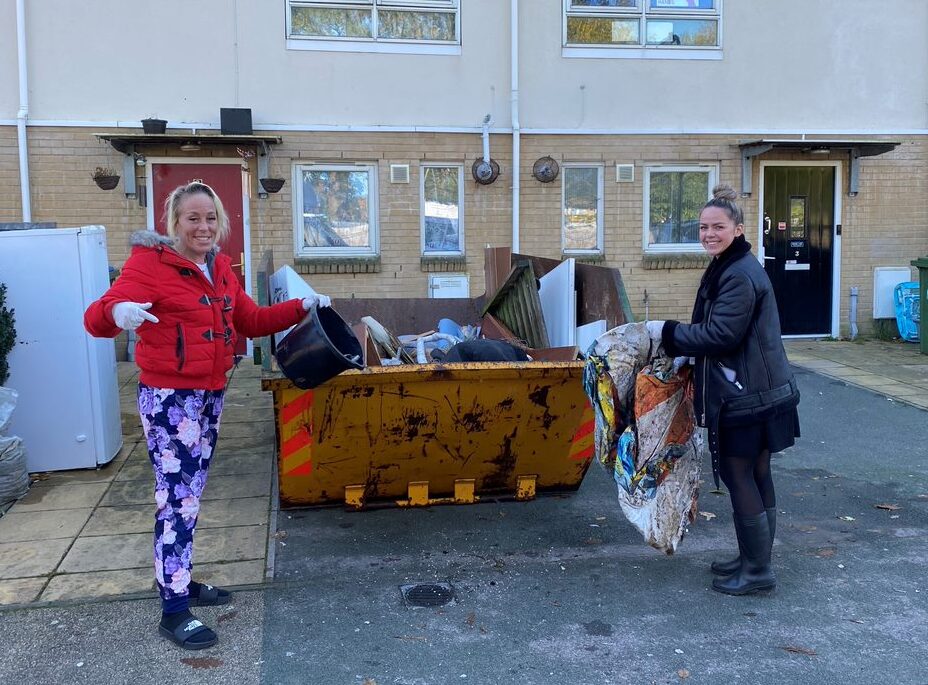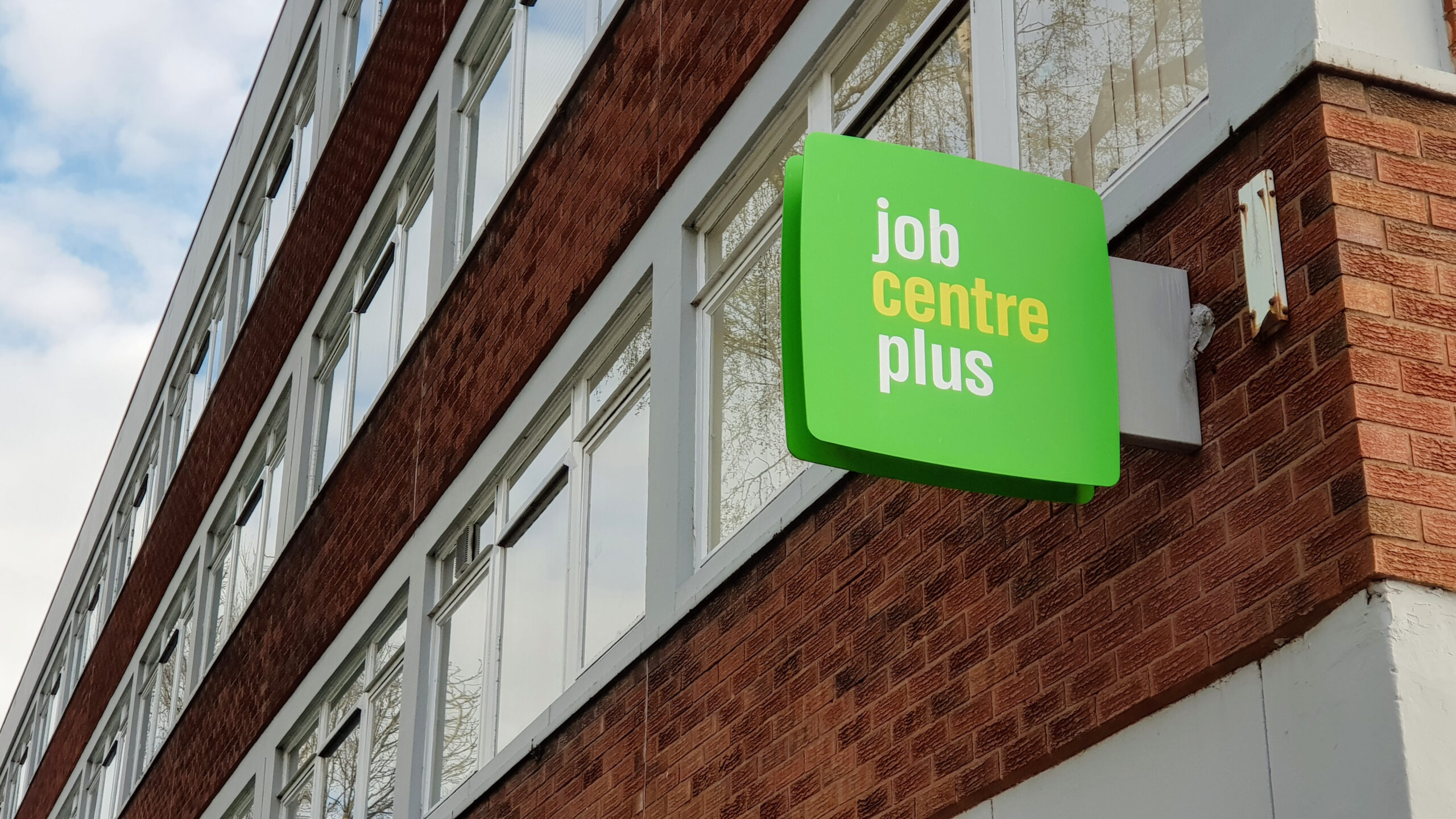 Social housing is in crisis – perhaps it’s time for a change of identity
Social housing is in crisis – perhaps it’s time for a change of identity
By Hannah Fearn, freelance journalist specialising in social affairs
Social housing is having a bit of a moment – and not in a good way. Given the amount of interest in crisis communications training I’m seeing, most social landlords have realised they’ve got a reputational problem. From mould and damp to problems with shared ownership, they’re no longer automatically seen as the good guys.
Additionally, most people still have negative connotations of social housing as a tenure of last resort. Misperceptions of what social housing is, and who it’s for, are bound up in prejudices about ‘social security’, welfare and benefits. Those prejudices have been exploited by recent governments, being particularly useful when David Cameron and George Osborne needed a scapegoat to pin austerity on.
Is it time for a change of identity? Currently, housing is in crisis. Given the pressure on mortgage holders and the lack of affordable options in the PRS, housing is set to become an election-defining issue. Housing leaders have said that at every general election for the last 20 years, but there’s never really been any truth in it – until now.
If you want to make the most of this public and political appetite, you need to put yourselves at the centre of the discussion, and you can’t do that by talking about social housing, because that’s not what everyone else is talking about. So, here’s an idea: why not start talking about what social landlords really provide? Private rent isn’t working, but what you offer – ‘public rent’ – does. So, why not put it in those terms?
“We need a more balanced system, with more social housing – so we need to encourage support for the development of it everywhere. That means facing down nimbyism and raising the funds to do so through higher taxation. It’s not easy.”
As well as shedding the baggage of the language of welfare, there are good political reasons for talking about ‘public rent’. Private renting is broken, with even relatively well-off households having to outbid each other or even pay 12 months in advance to secure a property. The government has promised changes through its Renters Reform Bill, including the removal of so-called ‘no fault’ evictions, but it’s insufficient to heal the pain inflicted by the affordability crisis. As mortgage rates rise, landlords will also push down those added costs to tenants or leave the market altogether, exacerbating the issue.
Meanwhile, we’ve more than one million families on the social housing waiting list. We need a more balanced system, with more social housing – so we need to encourage support for the development of it everywhere. That means facing down nimbyism and raising the funds to do so through higher taxation. It’s not easy.
But there’s something else: we need more people to accept that they’ll be living in social housing themselves, particularly those who previously wouldn’t have qualified. Housing’s many problems will take decades to fix, politically. Meanwhile, millions of families living on middle incomes will find themselves priced out of ownership for life. Private rent, with its lack of security and unpredictable rent increases, becomes unsustainable as retirement beckons. Social housing will be needed for more people than ever before.
‘Public rent’ is a term that makes the rental sectors more equal, just as the Decent Homes Standard is being extended to private landlords to achieve that end in practical terms. Would the brand of ‘public rent’ make unexpected social tenants feel more positive and comfortable about their future? I think that’s likely.
Rebranding in this way makes it easier to make the case for social housing as a tenure of choice. With fewer people than ever before able to buy, this is a good time to address what each part of the housing system serves, and who. Shifting how we speak about social rent, to a public service, also changes the way we think about housing. With a likely incoming new government, this is a good time to make the switch – hopefully driving a policy shift in favour of funding it.





















